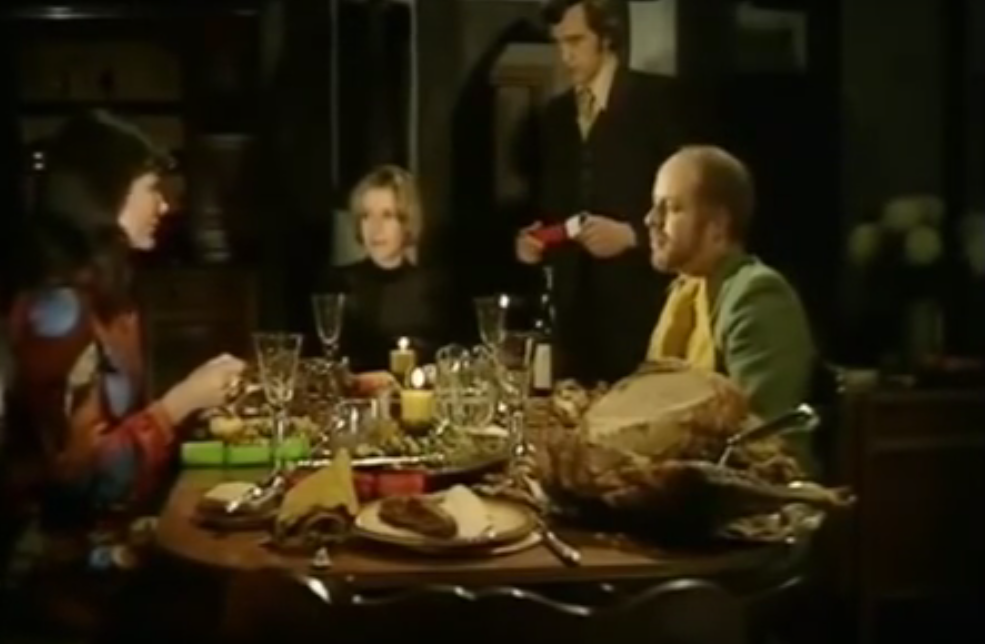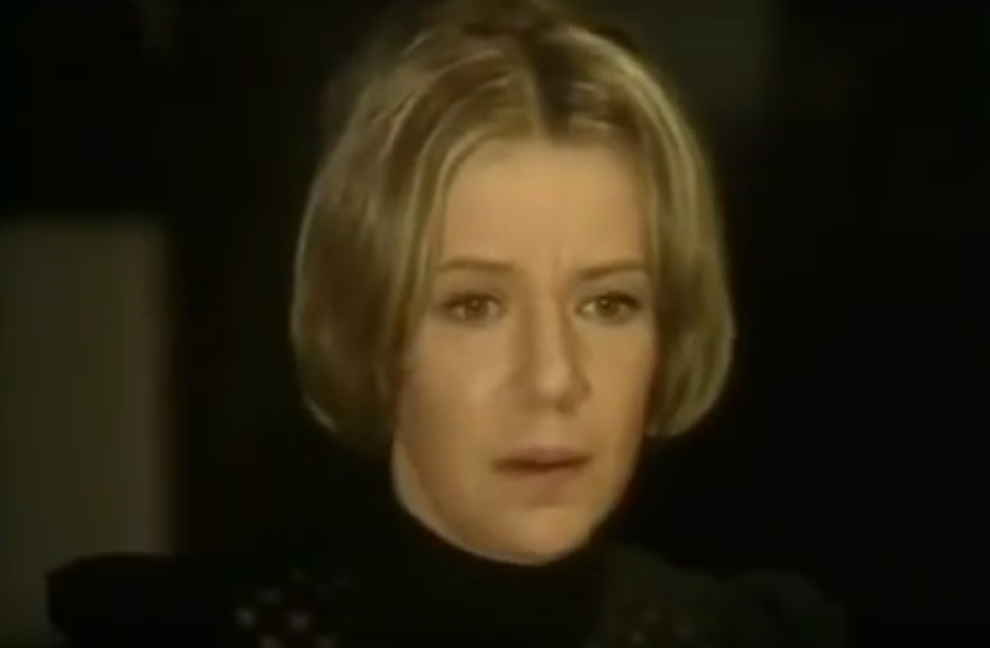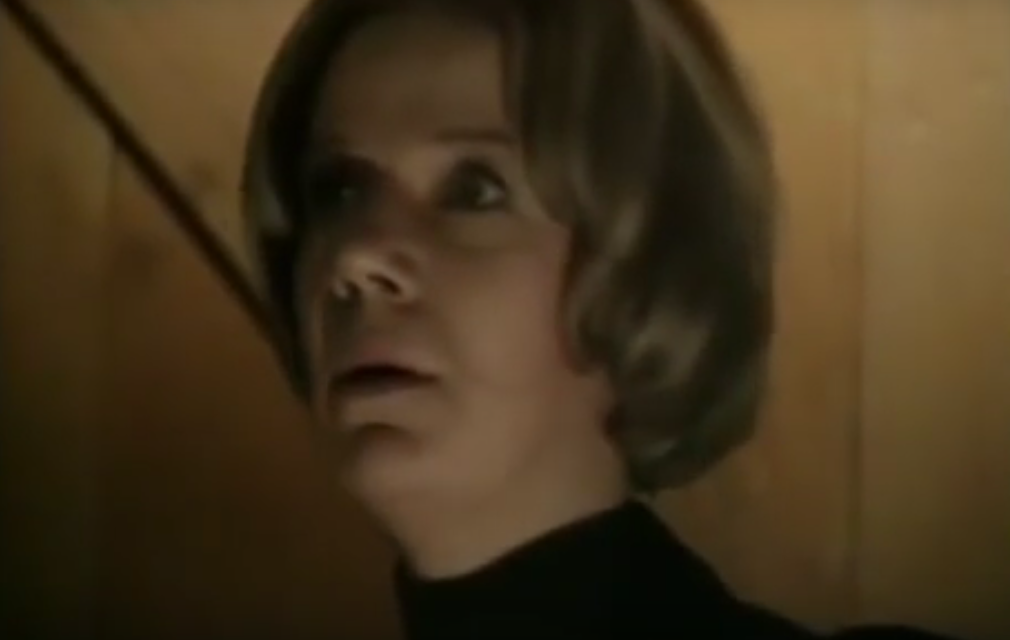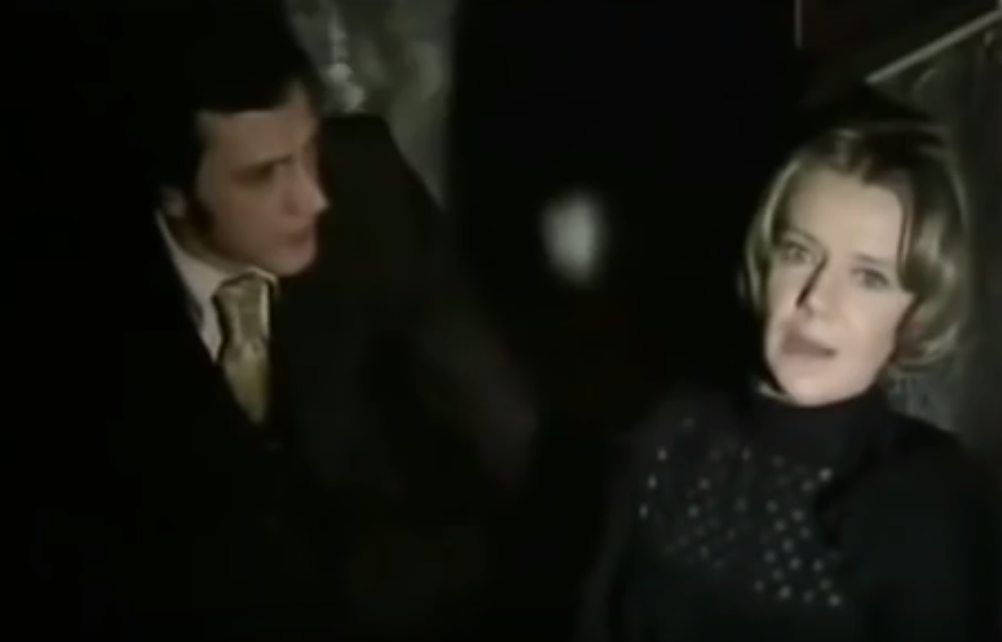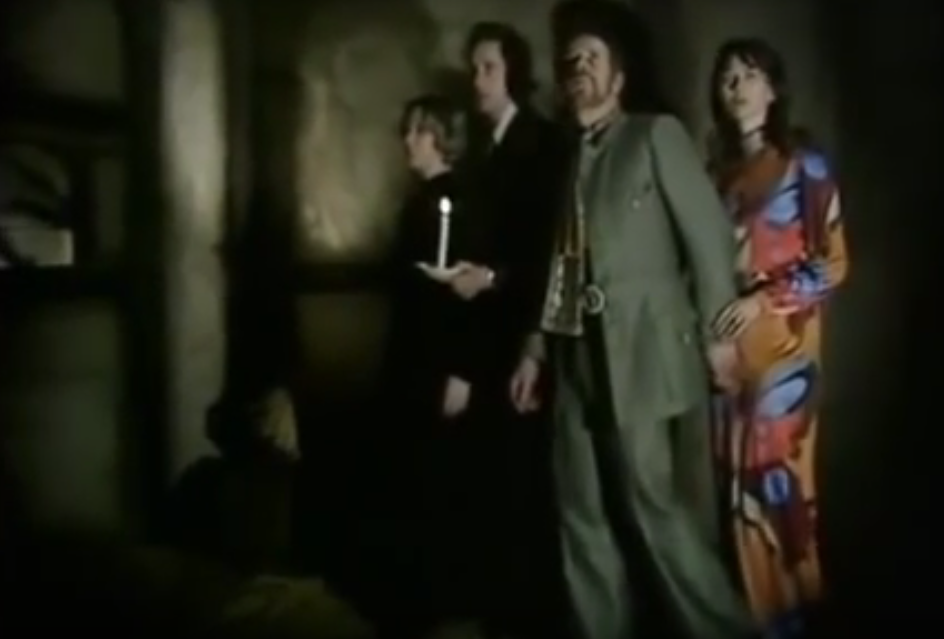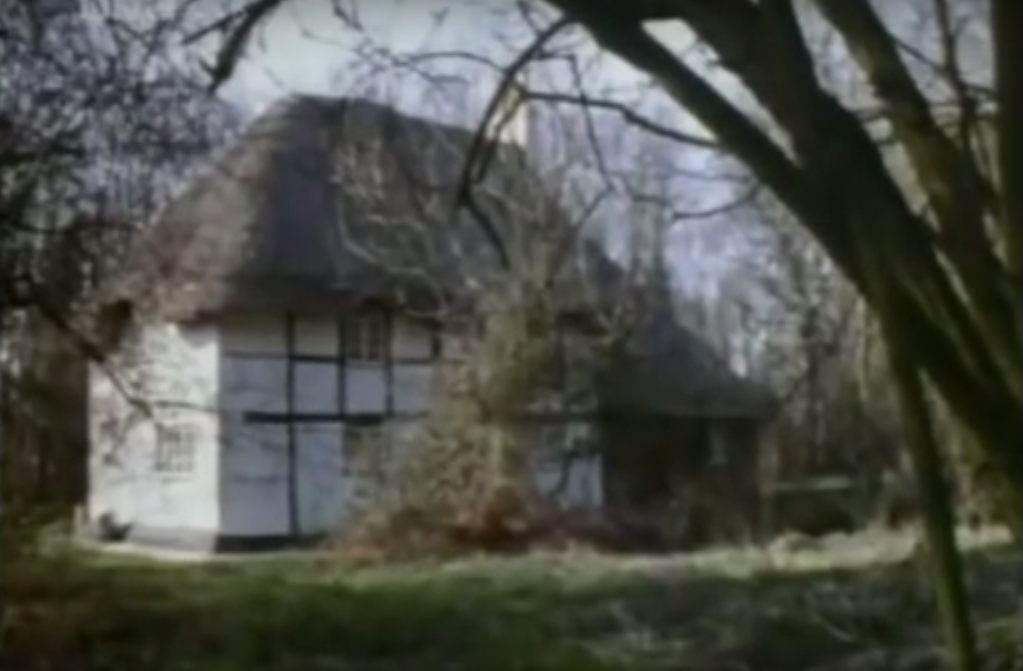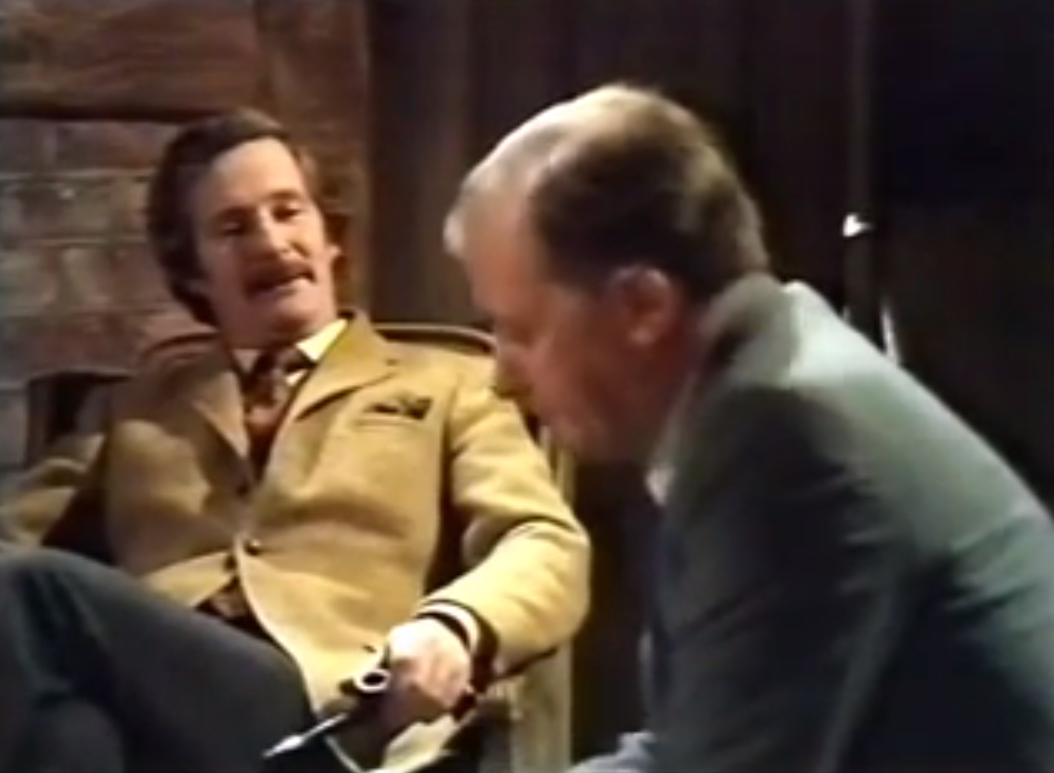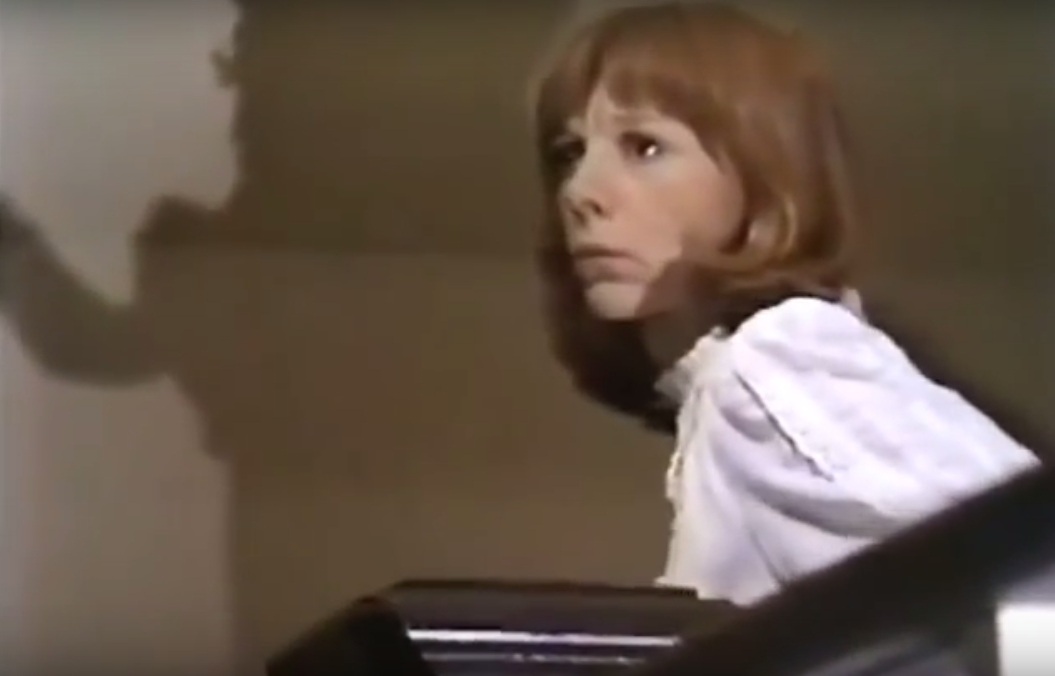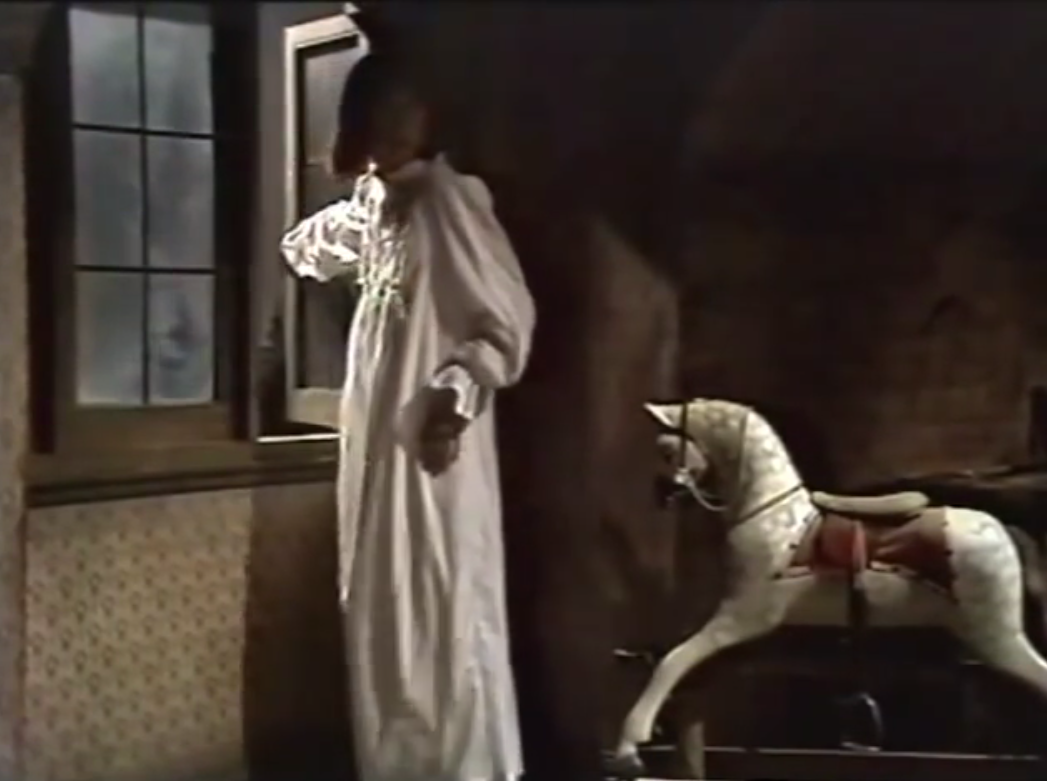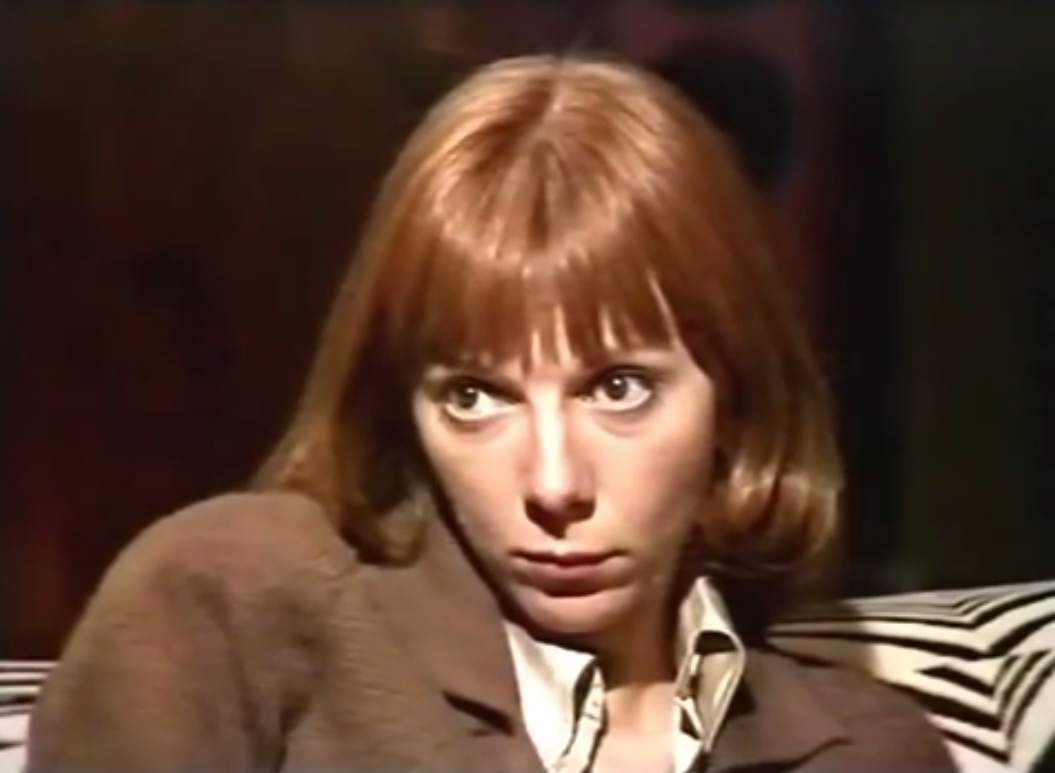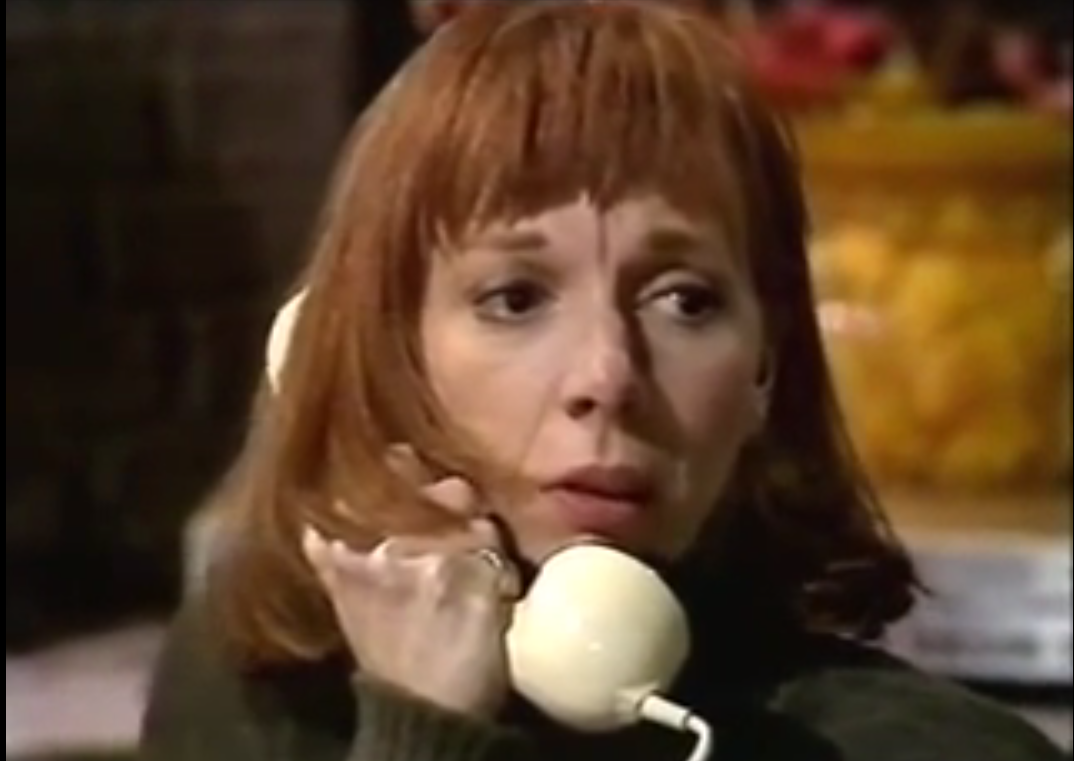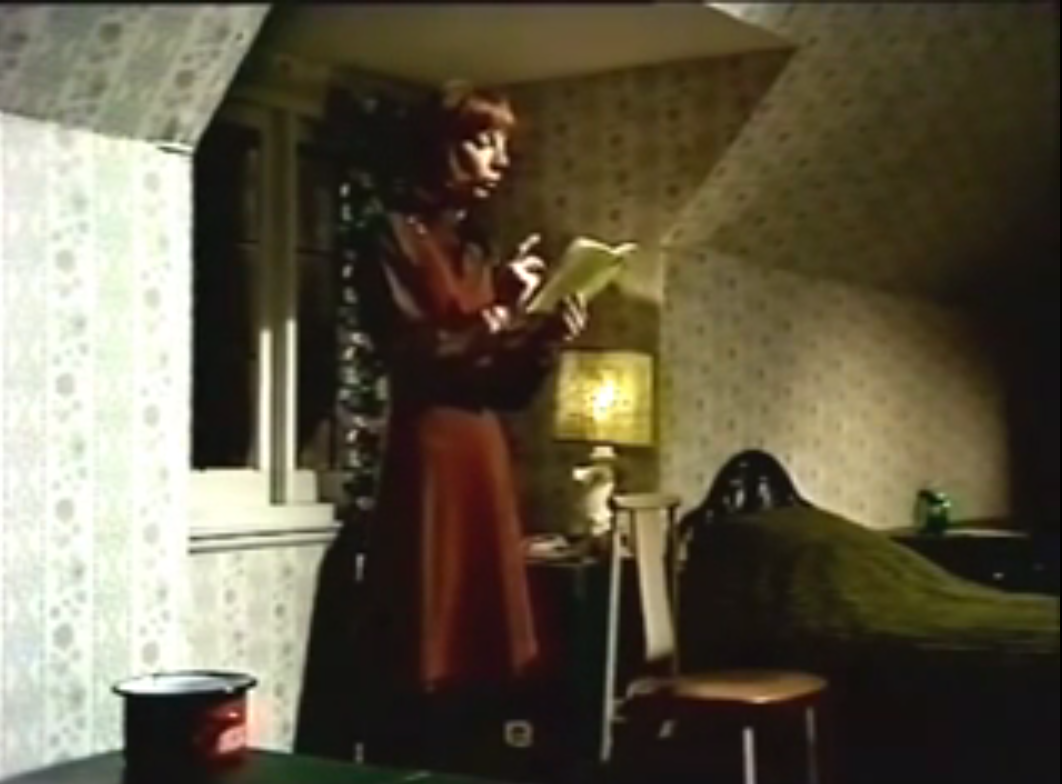The 70s were an interesting time as society was going through huge upheaval; Chariots of the Gods popularised the idea that aliens may have visited and left their mark on the Earth and us, there was a dawning of the Age of Aquarius and the counterculture movement was going strong. As the decade wore on this optimism faded somewhat and what was left was this growing sense of unease with a world that no longer seemed to make sense.
Against this nervous backdrop, the British television programmes and public information films from this time have a liminally surreal aspect to them; a documentary-style, low-grade aesthetic weirdness to them. Creatives from the time were not afraid of being experimental, thus we have some products that feel like cursed artefacts. The silences, the eerie and unobtrusive music and the economy of financial and logistic design made creativity the mother of invention. Just look at some of the public information films from the period sharing some important messages to keep us safe!
The various regional channels tapped into the zietgiest, looking back to mythology and legend and cleverly blended them with the issues of contemporary youth, pushing boundaries and tackling subject matter through analogies of the other worldly. They understood that there was an audience receptive to multi-layered storytelling with a mixture of scares and thought-provoking drama. Similar in the way that Rod Sterling (of The Twilight Zone fame) was able to disguise his social and political commentary by setting the stories in the past or the future, with sci-fi and fantasy settings, the British creatives were able to present their social criticisms and concerns without attracting any backlash from viewers or television broadcasters. Seemingly, the fantastical elements made the content more palatable and so what we had was a real burgeoning of genre programmes for tweens that were slightly British Folk Horror but more palatable for the ages.
I’ve watched quite a lot of over the past few years including: The Children of the Stones, Moondial, The Owl Service, The Children of Green Knowe and Chocky and appreciate the time capsules they are. Sure, they are of an age but they really do show a society with its anxieties and fears. I wonder what people will see when they look back our programmes and adverts in 50 years time…
LINK- Dead of Night: Cult TV Review
LINK- The Stone Tapes: Cult TV Review
LINK- Tom’s Midnight Garden: Cult TV Review
LINK- Children of the Dogstar: Cult TV Series Review
LINK- Mario 3D World- Videogames As Art
LINK- The Last Guardian- Video Games As Art
LINK- The Mysterious Cities of Gold Retro Soundtrack Review

